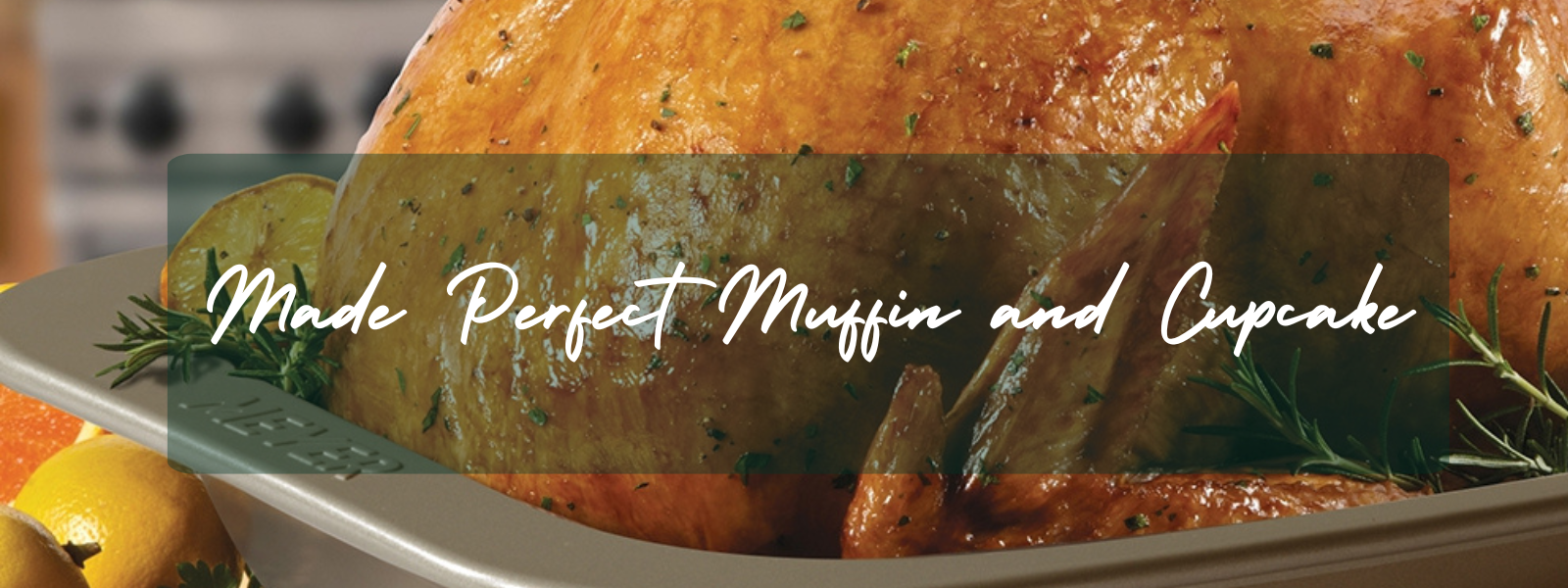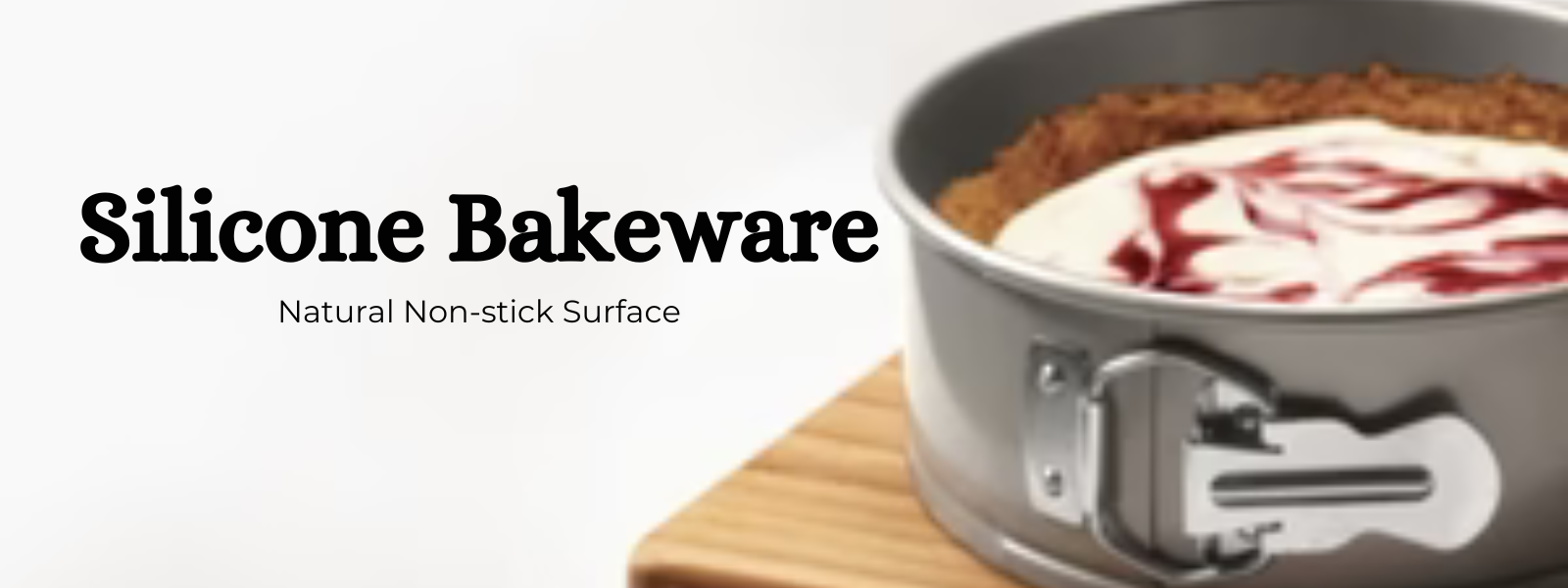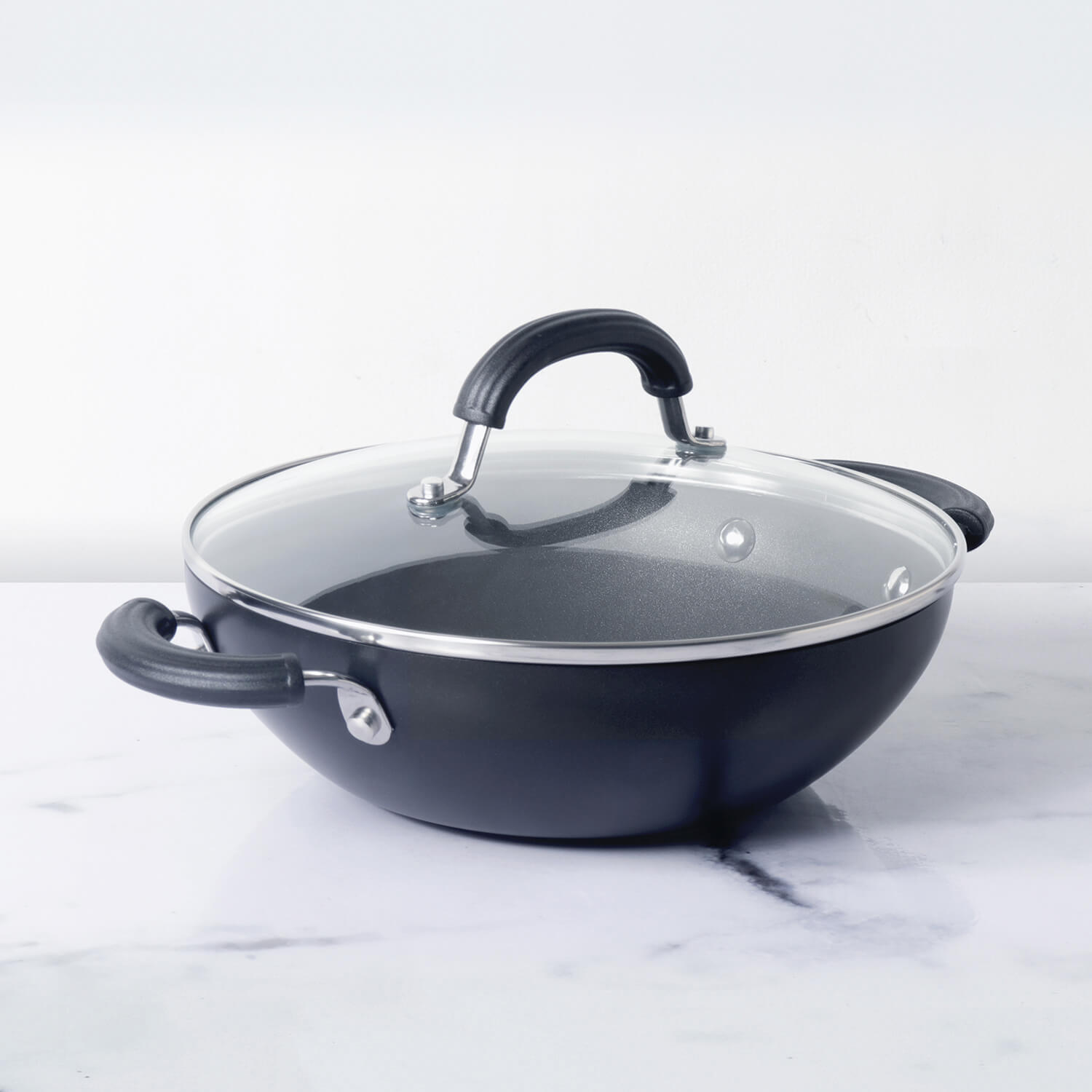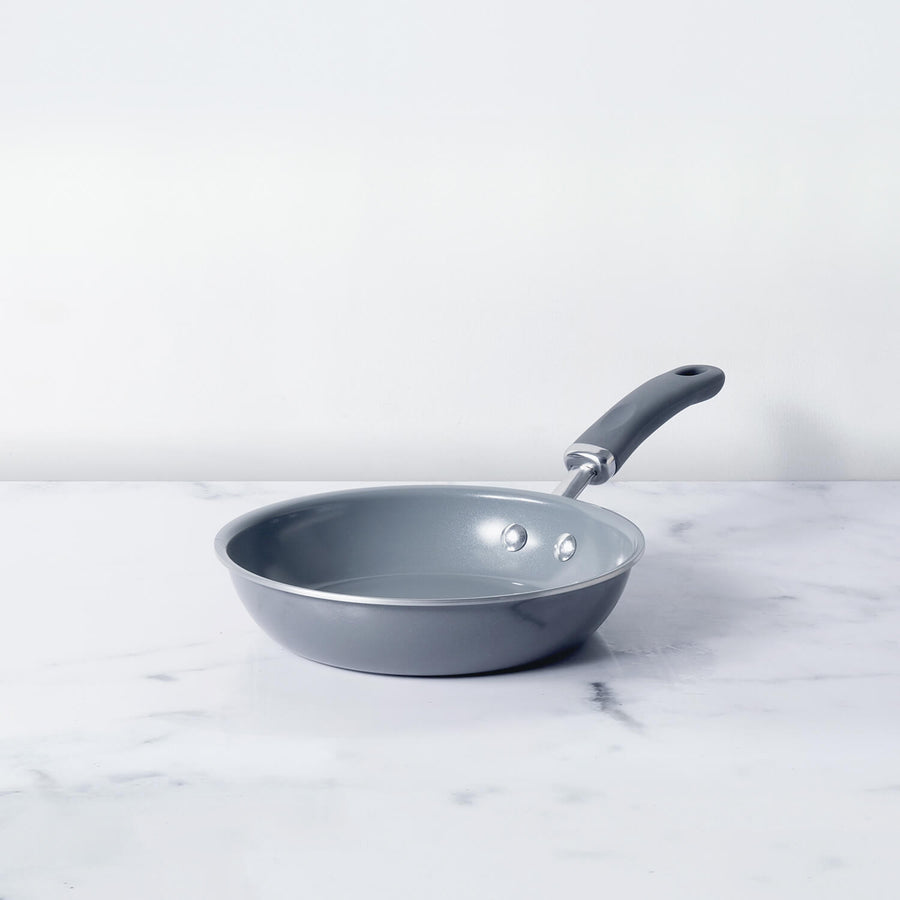Transitioning from non-stick to stainless steel cookware can feel like a big step, but it’s one that many home cooks take to achieve better cooking performance, durability, and versatility. Stainless steel is prized for its even heating, ability to handle high temperatures, and resistance to wear and tear. However, there are a few key things to consider when making the switch to ensure a smooth and enjoyable cooking experience.
Table of Contents
- 1. Understand Why You’re Transitioning
- 2. Start with the Right Pieces
- 3. Learn the Basics of Cooking with Stainless Steel
- 4. Practice Deglazing for Easy Cleaning
- 5. Maintain and Care for Stainless Steel Cookware
- 6. Cook the Right Foods to Build Confidence
- 7. Invest in Quality Cookware
- 8. Experiment and Embrace the Change
- 9. Conclusion
Understand Why You’re Transitioning
Stainless steel cookware is a fantastic investment for those who enjoy cooking. Unlike non-stick pans, stainless steel can handle higher heat, making it ideal for techniques like searing, browning, and deglazing. It’s also non-reactive, meaning you can safely cook acidic foods like tomato sauce without worrying about damaging the surface. Furthermore, stainless steel cookware, such as Meyer’s premium stainless steel options, offers incredible durability and is often induction-compatible, making it suitable for modern kitchens.
Start with the Right Pieces
Instead of replacing your entire non-stick collection all at once, start with versatile pieces. For instance:
-
A Sauté Pan: Great for stir-fries, sautéing vegetables, and shallow frying.
-
A Saucepan: Ideal for boiling, simmering, or making delicate sauces.
-
A Stockpot or Casserole: Perfect for soups, stews, and slow-cooked meals.
Meyer offers a wide range of premium stainless steel cookware ranges with thick, nickel-free stainless steel bottom for excellent pitting resistance and even heat distribution.
Learn the Basics of Cooking with Stainless Steel
Cooking with stainless steel requires a slight learning curve compared to non-stick pans. Here are some essential tips:
-
Preheat the Pan: Stainless steel pans work best when preheated. Heat the pan for a couple of minutes before adding oil.
-
The Water Test: To check if the pan is ready, add a drop of water. If it forms a bead and rolls around the pan, it’s time to add your oil or butter.
-
Avoid Overcrowding: Give your food space to cook evenly and avoid steaming.
-
Let Food Release Naturally: Stainless steel can stick initially, but once the food is properly cooked, it will release easily.
Practice Deglazing for Easy Cleaning
Stainless steel cookware allows you to deglaze—a technique where you add liquid (like water, broth, or wine) to loosen and lift browned bits (fond) from the pan. This enhances the flavor of your dishes while making cleanup easier.
Maintain and Care for Stainless Steel Cookware
To enjoy the full benefits of stainless steel cookware, proper maintenance is crucial:
-
Clean Immediately: Use warm, soapy water to clean the pan after use. For tough stains, Meyer’s cookware cleaning solutions or a paste of baking soda and water work wonders.
-
Avoid Harsh Scrubbers: Use soft sponges or microfiber cloths to prevent scratches.
-
Polish Occasionally: Restore the shine with a stainless steel cleaner for a polished look.
Cook the Right Foods to Build Confidence
Start with dishes that are less likely to stick, like sautéed vegetables, fried rice, or stir-fried noodles. As you become more confident, move on to proteins like chicken breasts or fish fillets, and use deglazing to handle any sticking.
Invest in Quality Cookware
Quality stainless steel cookware, like Meyer’s Select Stainless Steel range, ensures even heat distribution, durability, and easy maintenance. Investing in premium pieces makes the transition smoother and enhances your overall cooking experience.
Experiment and Embrace the Change
Transitioning to stainless steel cookware opens up a world of possibilities. It allows you to master new cooking techniques and achieve flavors that non-stick pans can’t deliver. Be patient and enjoy the process of experimenting with your new cookware.
Conclusion
Switching from non-stick to stainless steel cookware in 2025 is a practical and rewarding choice for home cooks who value performance, durability, and versatility. With the right tools, techniques, and mindset, you’ll not only preserve the longevity of your cookware but also elevate your cooking to new heights. Meyer’s stainless steel options- such as Meyer Select, Centennial and Meyer Trivantage- provide an excellent starting point, blending innovation with timeless quality.












Leave a comment